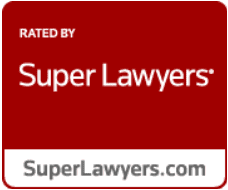Unveiling the Veil of Misleading Advertising by Lawyers: Ethical Concerns in Legal Marketing
In today’s digital age, advertisements are omnipresent, bombarding us from all angles, promising solutions to our problems and presenting products or services that claim to be the ultimate answer to our needs. Lawyers and law firms are no exception to this trend, often employing various marketing strategies to attract clients and grow their businesses. However, amidst the noise of legal advertising, there lies a troubling trend of misleading advertisements that raise ethical concerns within the legal profession.
Misleading advertising by lawyers is a multifaceted issue that not only undermines the integrity of the legal profession but also jeopardizes the trust between lawyers and their clients. Whether it’s exaggerated claims of success, misleading information about legal services, or deceptive testimonials, such advertising practices can have detrimental effects on both consumers and the legal system as a whole.
One of the most common forms of misleading advertising by lawyers involves the use of exaggerated or false claims regarding their track record or the outcomes of past cases. While it’s natural for lawyers to want to highlight their successes, stretching the truth or misrepresenting facts to lure clients is not only unethical but also potentially harmful. Clients rely on accurate information when choosing legal representation, and false advertising can lead to misguided decisions and shattered expectations.
Furthermore, some lawyers resort to using fear tactics or scaremongering in their advertisements to instill a sense of urgency or necessity in potential clients. By exaggerating the consequences of legal issues or inflating the likelihood of negative outcomes, these ads manipulate emotions and exploit vulnerabilities, rather than providing objective and balanced information.
Testimonials and endorsements are another area where misleading advertising can thrive. While genuine testimonials can offer valuable insights into a lawyer’s reputation and capabilities, fabricated or selectively edited testimonials can paint an inaccurate picture of a lawyer’s competence and credibility. Moreover, the use of paid endorsements without proper disclosure can deceive consumers into believing that the praise is unbiased, when in fact, it’s financially motivated.
In the digital realm, online reviews and ratings play a significant role in shaping consumer perceptions and influencing decision-making. However, the prevalence of fake reviews and astroturfing in the legal industry undermines the authenticity of online feedback, making it difficult for consumers to discern genuine recommendations from fraudulent ones.
The consequences of misleading advertising by lawyers extend beyond mere ethical breaches; they erode the public’s trust in the legal profession and undermine the integrity of the justice system. When lawyers prioritize self-promotion and profit over honesty and transparency, they betray the fundamental principles of professionalism and integrity that should govern their conduct.
To address the issue of misleading advertising in the legal industry, regulatory bodies and professional associations have established guidelines and rules governing attorney advertising. However, enforcement mechanisms vary, and loopholes exist, allowing some lawyers to skirt around the rules or engage in borderline deceptive practices.
Ultimately, the responsibility to uphold ethical standards in legal advertising lies with individual lawyers and law firms. By prioritizing honesty, transparency, and accuracy in their marketing efforts, lawyers can foster trust with their clients and demonstrate their commitment to professionalism and integrity.
In conclusion, misleading advertising by lawyers represents a troubling phenomenon that undermines the principles of honesty, transparency, and trust within the legal profession. As consumers, it’s crucial to approach legal advertisements with a critical eye and seek out reputable and trustworthy lawyers who prioritize ethical conduct and client satisfaction above all else. Likewise, lawyers must recognize their ethical obligations and strive to uphold the highest standards of integrity in their marketing practices. Only through collective efforts can we combat the scourge of misleading advertising and uphold the integrity of the legal profession.


